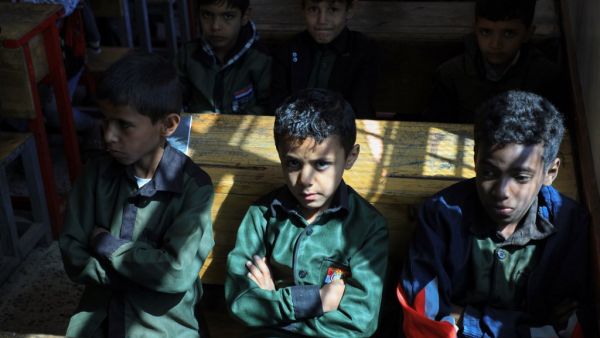The Independent Permanent Human Rights Commission (IPHRC) of the Organization of Islamic Cooperation (OIC) has called for a change in how poverty is addressed in this year’s edition of the International Day for the Eradication of Poverty.
The IPHRC argued that poverty “should be viewed as a deprivation of basic human rights rather than merely a lack of income or resources,” adding that it was “a pity that billions around the world continue to face fewer opportunities, countless indignities, unnecessary hunger, preventable death and remain too poor to enjoy basic human rights.”
Citing evidence from the UN’s World Food Program (WFP), the commission said that damage caused by the coronavirus pandemic risked pushing 70 million people into extreme poverty.
Additionally, the program found that hundreds of millions of people were facing unemployment and poverty, with 250 million at risk of acute hunger.
With these challenges in mind, the IPHRC stressed the need to adopt a human rights approach to eradicating poverty, adding that “the poor have not only ‘needs’ but ‘rights and entitlements,’ which raises the obligations to respect, protect and fulfill on the part of others as proved in Islamic principles.”
To promote these changes, the IPHRC has called on OIC member states to advance “human rights-based people-centered socio-development policies.”
This article has been adapted from its original source.








